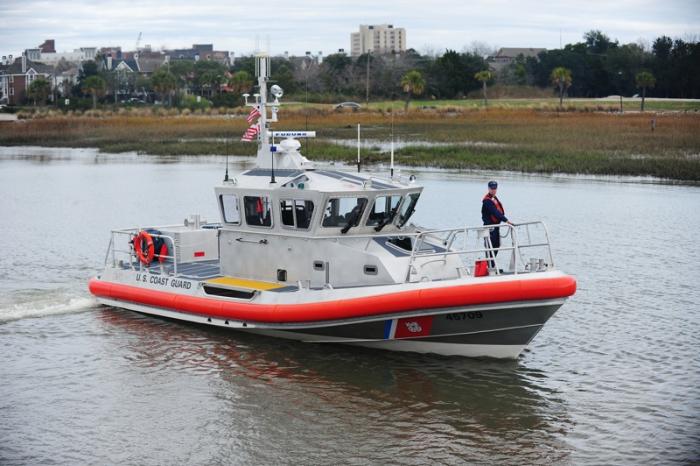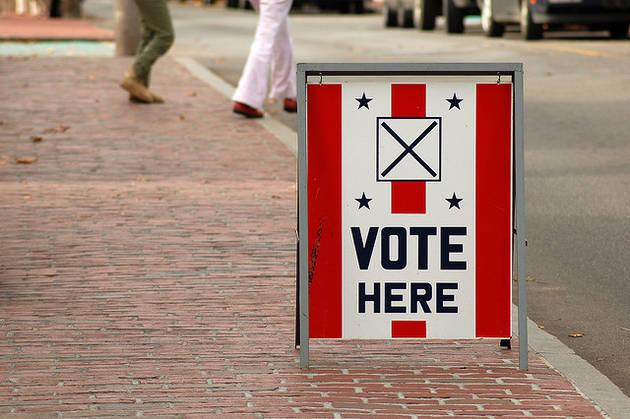Charleston City Paper's Greg Hambrick has done my job for me and has a good roundup of the latest sentiments regarding the potential use of Charleston's navy brig as a new home for the detainees currently at Guantanamo.
The takeaway? Any would-be terrorist escape would have to get through our swamps and gun-toting locals, but it seeming less likely the detainees would all wind up in Charleston, and more likely that they would be spread out across the country.
Good work, Greg. Go read his post.
-------
Update: In what happens when you work remotly, sometimes two people do the same job. While I was writing this post, Kevin Murphy was writing the same thing but with a bit more commentary -- I thought it had merit and have posted it below:
Obama signed an executive order to close Guantanamo Bay and we applauded because the prison is known as a torture chamber, not a safely removed lockup for terrorists.
But now it’s time to decide where to put the prisoners.
WYFF Channel 4 is reporting that it could be in South Carolina.
"It certainly puts some people we may not want as neighbors right here in our back yard," said Furman University political science professor Danielle Vinson.
Charleston Naval Brig is one of four locations that could be chosen to house the suspected criminals.
Jose Padilla, who was accused of plotting with al-Qaida, was held in Charleston.
Sen. Lindsey Graham has said that it doesn't make sense to hold enemy combatants in an urban area like Charleston.
Sen. Jim Demint said that, if the administration tries to move them here, they should be ready for a fight.
South Carolina’s politicians are stomping the notion that terrorists be held in Charleston. This will most likely mirror public opinion. That’s understandable. Who really would want them here, right?
If you consider the security threat, or just the fact that South Carolina tax dollars will help feed the prisoners, the thought is especially distasteful.
It’s important, then, to think of Obama’s inaugural speech, to remember his call for civic responsibility. Are we as United States citizens – and South Carolina residents, a state that enthusiastically supports the War on Terror – expected to extend a helping hand in this situation?
If so, Professor Vinson sees a silver lining.
"It does give us a lot of bargaining chips if we are going to be cooperative, especially for a state that has a Republican reputation and a Democratic administration," Vinson said. "If we are going to be cooperative on this issue, it should allow us to bargain for other things the state needs."
The other three locations that the government is looking at to house the suspected criminals are Camp Pendleton in California, Fort Leavenworth in Kansas and the Supermax Federal Prison in Colorado.
Closing Guantanamo Bay is a complex issue, but the public and our politicians need to look at the bigger picture. Obama closed Guantanamo and we applauded. Now we need to agree on the next step. If South Carolina becomes the new home to some of the world’s most dangerous men, we need to accept it, tighten security, and move forward.



